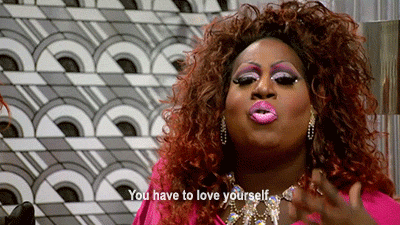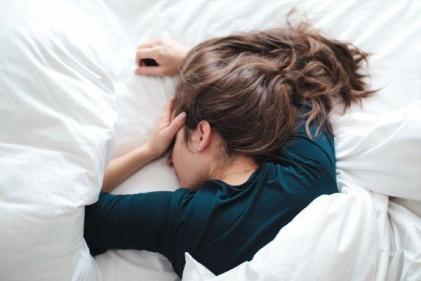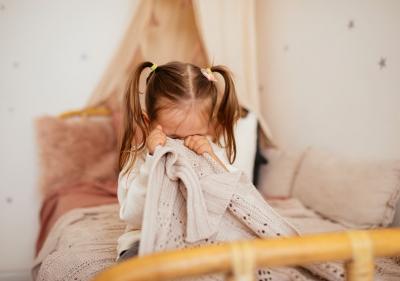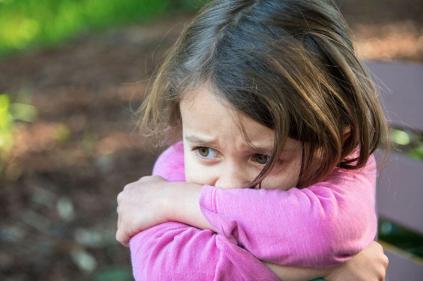Welcome to 2017, where a size ten is officially considered as ‘large’ by some retailers.
Earlier this week, fashion retailer Pull & Bear sparked outrage over a UK size ten being classed as a large on ASOS, and I was really, really irked by it.
The controversy began when the young (and beautiful) Twitter user, Hollie, was shopping online – and noticed the ludicrous sizing on the popular shopping website.
Hoping to get herself kitted out for the summer months, Hollie wanted to purchase a matching floral top and shorts, but unfortunately, the outfit only went up to a size 10 – Ridiculous.
It is important to note that the average British woman is a size 16, which would be classed as XXXL if we are taking our size advice from the Spanish retailer, Pull & Bear (which we’re not.)
U wot m8 pic.twitter.com/topkWAPgUz
— Sneaky HypeWorm (@GrrlGhost) May 17, 2017
It’s time to face some cold hard facts: women come in all shapes and sizes – they always have, and they always will. Sizing also affects people emotionally - something retailers should know.
Another fact, a size 10 is NOT, in any way, a size large – so Pull & Bear, you dropped the ball on this one.
I genuinely was starting to believe that women were becoming more accepting of their figures, with beauties like Ashley Graham and Olivia Campbell paving the way for curvier, fuller figures (we’re in awe of them, seriously), but it would seem as though the pressure is going nowhere.
The wrath of “body ideals” are at the forefront after you become a mum too - let's be honest, it is part of the struggles that comes with growing humans.
How many times have you been looked up and down when you mention you have had children? How many times have you been told you don't 'look' like you have had a child? Or worse, been told you are HUGE.
The issue runs deeper than the sheer ignorance of strangers, in fact, as mothers are constantly focused on their #postbabybody and ditching the weight gained while pregnant (as soon as physically possible, for most).
Recently, an article started doing the rounds online, which was formatted as an open letter to mums who take selfies of their post-baby bodies – and it was bloody brilliant because it nailed the issue of why we should stop focusing on the race for mums to 'bounce back.'
Why is our weight so intrinsically linked to our success as a person? Why is it mainly the first thing people comment on when they see you? And why is it a measure of how well you are doing after giving birth?
We look at the likes of Blake Lively and Jessica Alba, who literally (it would seem) gave birth and went straight back to rocking skin tight dresses and sexy bikinis, but you have to remember one important thing – they are the exception.

New mums cannot help but feel pressure with regards to losing weight, especially when certain publications (we won’t name and shame) focus HEAVILY on celebrities post-baby bodies. Seriously, I did a tally, and almost 70 percent of articles written about famous new mums were based on weight – and how much of it they’d lost since giving birth #irrelevant.
The vast majority of women will take a longer time to shed the baby weight, and that's ok. If you are lucky enough to bounce back into shape right away, good for you. Woman are all different, all beautiful, and all damn good mothers, regardless of the size of your jeans.
Listen, at the end of the day, you brought a human into this world, so you take your sweet time in shedding those extra pounds. We should be healthy, of course, but weight should NOT be the main focus of this pregnancy journey.
If you can count the number of hours sleep you had last night before, treat yourself to a takeaway! I'm not one to judge.




